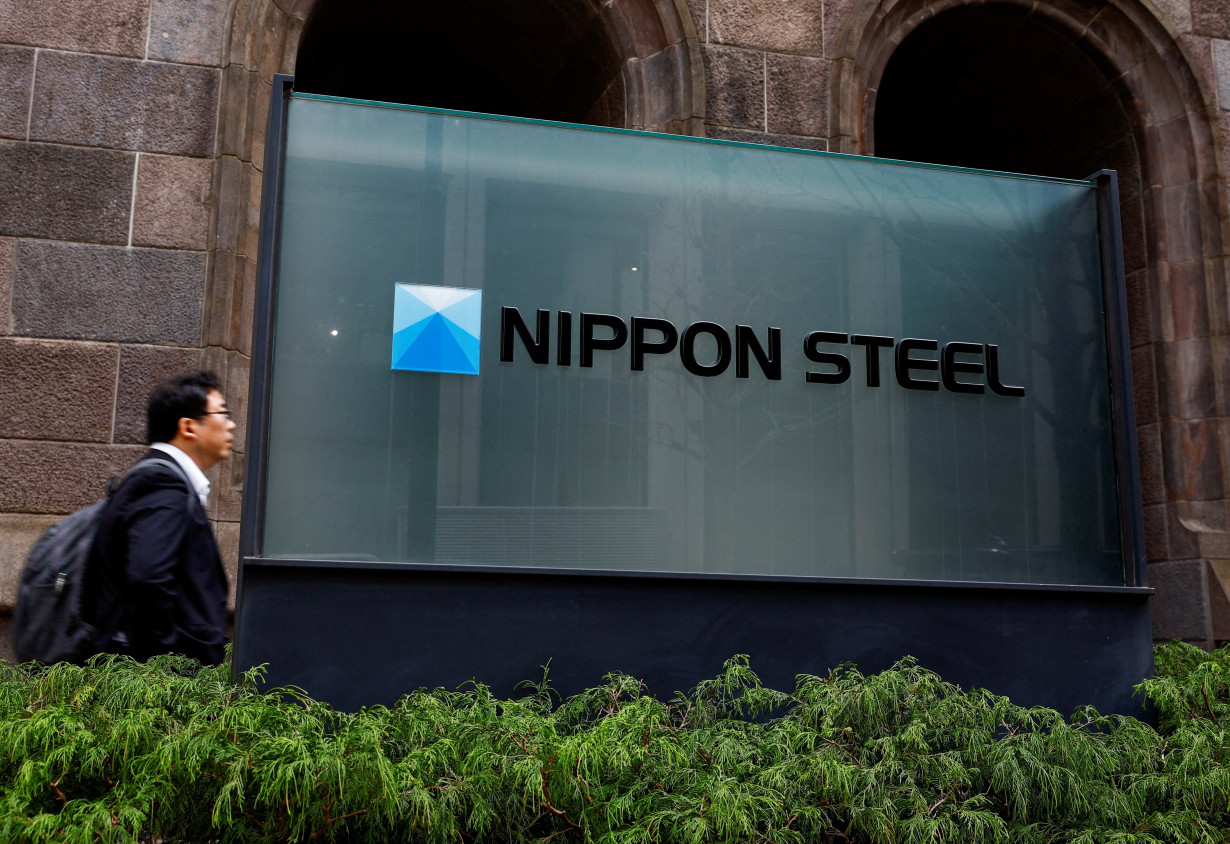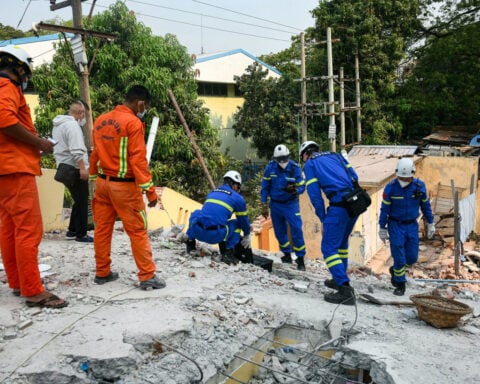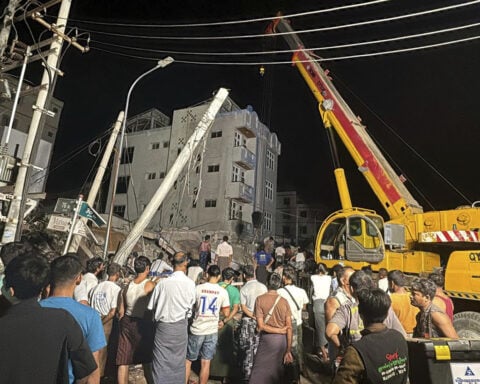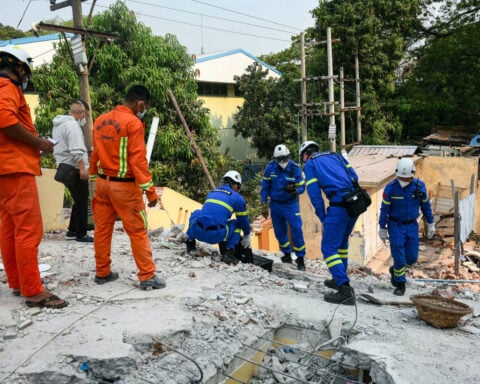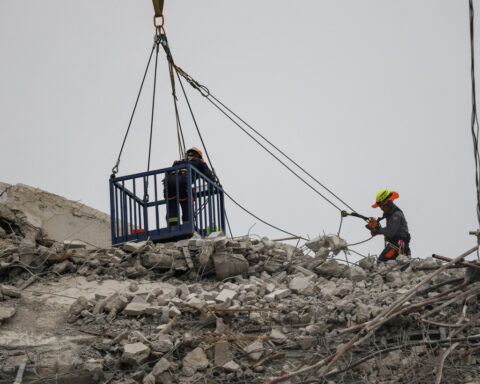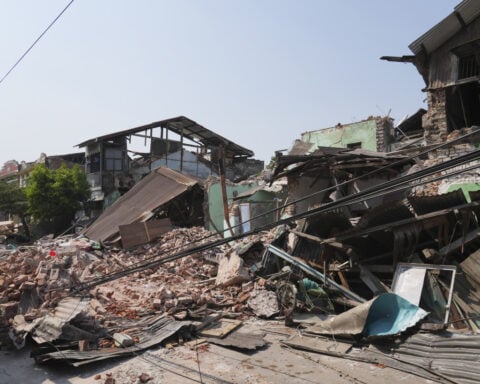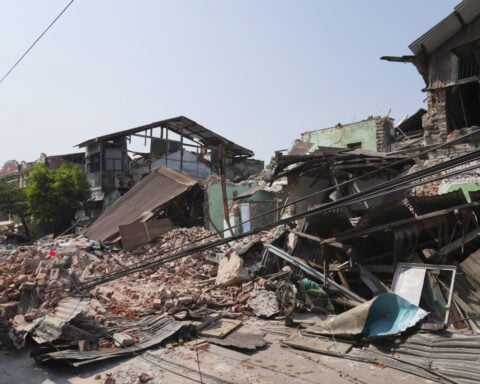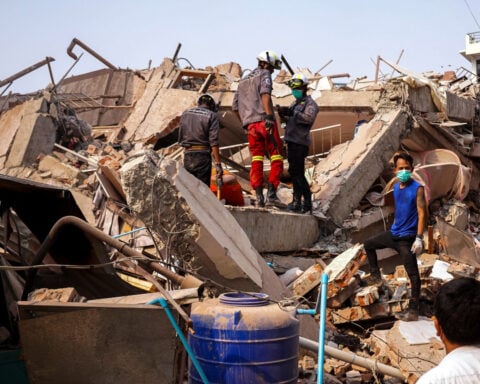By Anton Bridge, Abigail Summerville and Kane Wu
TOKYO/NEW YORK (Reuters) -Japanese suitors face a heightened chance of U.S. targets baking in hefty termination fees to protect against a deal collapsing due to regulatory or political reasons, following Nippon Steel's stranded $14.9 billion bid for U.S. Steel.
A reputation for reliability has long given Japanese firms almost a bye when so-called reverse break-up fees are broached in M&A talks, yet an increasingly protectionist U.S. has left deals at the mercy of national security and fluid trade policy.
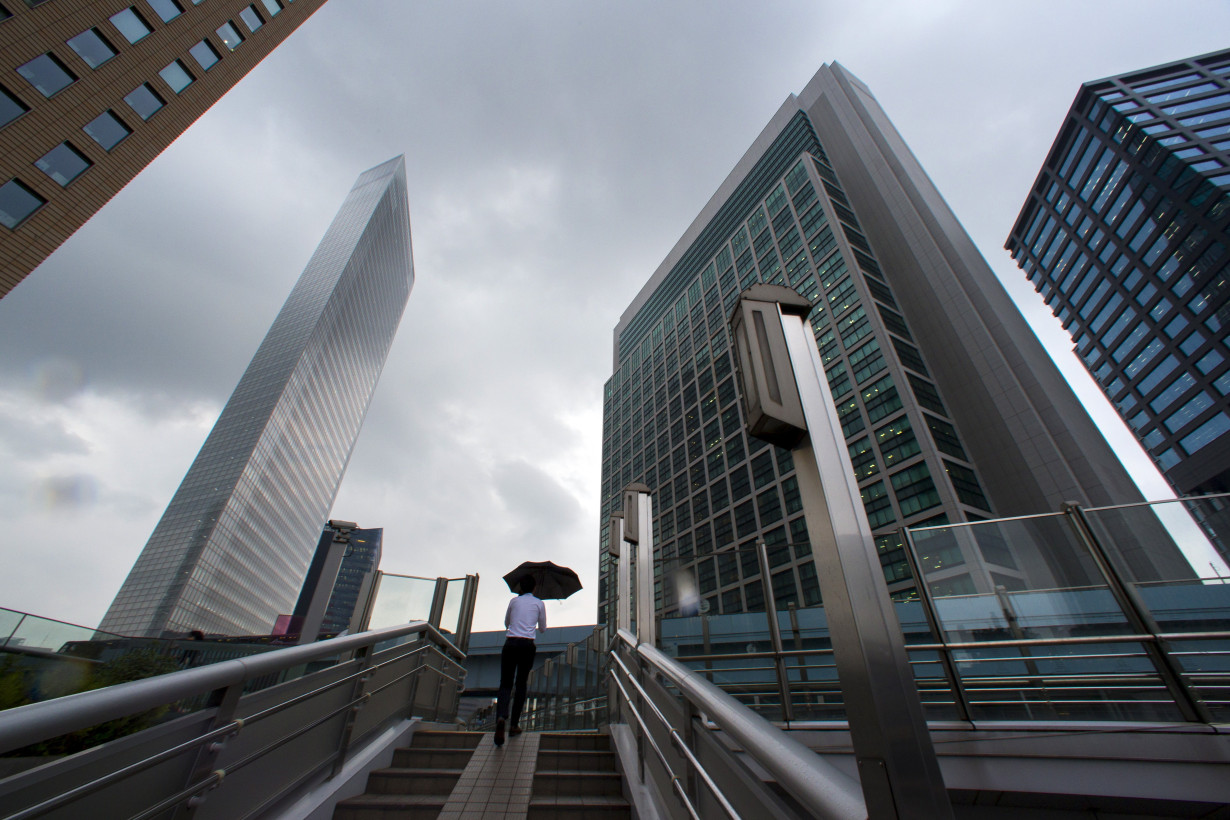
Nippon Steel is challenging the U.S. decision, taken under the administration of President Joe Biden, to block its purchase of U.S. Steel citing security concerns. If it fails, it has to pay U.S. Steel $565 million as previously agreed to cover costs incurred by the latter throughout the acquisition attempt.
That prospect will do little to dampen Japanese interest in their biggest target nation yet the increased chance of outside forces scuppering deals has meant reverse break-up fees are looming larger in negotiations, said lawyers and bankers.
The risk of Japanese suitors being unable to close a deal has long been seen as far lower than for companies from many other nations. Even so, U.S. boardrooms are now likely to point to the Nippon Steel deal and demand "protection" in transactions, said U.S. law firm Skadden partner Kenton King.
"I think what's going to happen for a while is you will see more reverse termination fees. You'll see them at levels that aren't crazy, not 10% levels, but manageable levels that aren't too scary to people," King told Reuters.
Reverse break-up fees were once almost non-existent in deals involving Japanese suitors to the extent that Western targets were even advised against negotiating them higher, lawyers said.
They now feature in one in 20 domestic and cross-border deals involving listed Japanese firms, said Managing Director Tosh Kojima at DC Advisory, the international investment banking arm of Daiwa Securities.
"Once extremely rare, they are occasionally seen these days, but the vast majority of Japanese boards typically do not approve them," Kojima said. "Culturally it still doesn't fly."
Median reverse break-up fees worldwide over the past two years have been 4% to 5% of the target's enterprise value, including debt, but are generally lower for Japanese firms, bankers and lawyers said. Nippon Steel's $565 million is 3.8%.
TAKING ON RISK
Japanese merger-and-acquisition deals in the U.S. totalled $54.5 billion last year, up 35% from the year earlier, showed data from LSEG. Of deals overseas, the U.S. accounted for 53% of targets, the data showed.
Japanese firms were the source of more foreign direct investment into the U.S. than companies of any other country between 2020 and 2023, U.S. government data showed.
Over 60% of large deals involving public U.S. companies reviewed by investment bank Houlihan Lokey in a 2023 study contained a reverse break-up fee provision, versus 57% the year prior.
Recent Japan-U.S. deals with reverse break-up provisions include Mizuho Financial Group's $587 million purchase of M&A adviser Greenhill & Co, which closed in 2023. The fee would have been $38.5 million, or 6.6% of enterprise value.
"As a seller, when you see deals like that (Nippon Steel's) being blocked, you're going to be even more insistent on a break fee and buyers taking that risk," said Nick Wall, partner at law firm A&O Shearman in Tokyo.
"If you can't get your boards to agree to take on that risk, the deals may fall through."
For suitors of U.S. assets, reverse break-up fees are increasingly sought due to possible hurdles presented by the Committee on Foreign Investment in the United States which screens deals for national security risk.
Given U.S. President Donald Trump's focus on protecting American industry, CFIUS reviews are likely to become stricter, said Michihiro Nishi, partner at Clifford Chance in Tokyo.
"The Japanese companies that are serial acquirers are accustomed to a world where they don't present any special regulatory or political risks in the U.S.," said Noah Carr, M&A partner at Freshfields in Tokyo.
"The risk profile and track record historically put downward pressure on the break-up fee. Now we're going to see upward pressure."
(Reporting by Anton Bridge in Tokyo, Abigail Summerville in New York and Kane Wu in Hong Kong; Editing by Sumeet Chatterjee and Christopher Cushing)

 Trump has begun another trade war. Here's a timeline of how we got here
Trump has begun another trade war. Here's a timeline of how we got here
 Canada's leader laments lost friendship with US in town that sheltered stranded Americans after 9/11
Canada's leader laments lost friendship with US in town that sheltered stranded Americans after 9/11
 Chinese EV giant BYD's fourth-quarter profit leaps 73%
Chinese EV giant BYD's fourth-quarter profit leaps 73%
 You're an American in another land? Prepare to talk about the why and how of Trump 2.0
You're an American in another land? Prepare to talk about the why and how of Trump 2.0
 Chalk talk: Star power, top teams and No. 5 seeds headline the women's March Madness Sweet 16
Chalk talk: Star power, top teams and No. 5 seeds headline the women's March Madness Sweet 16
 Purdue returns to Sweet 16 with 76-62 win over McNeese in March Madness
Purdue returns to Sweet 16 with 76-62 win over McNeese in March Madness
